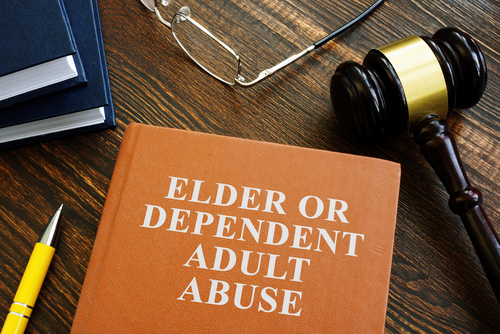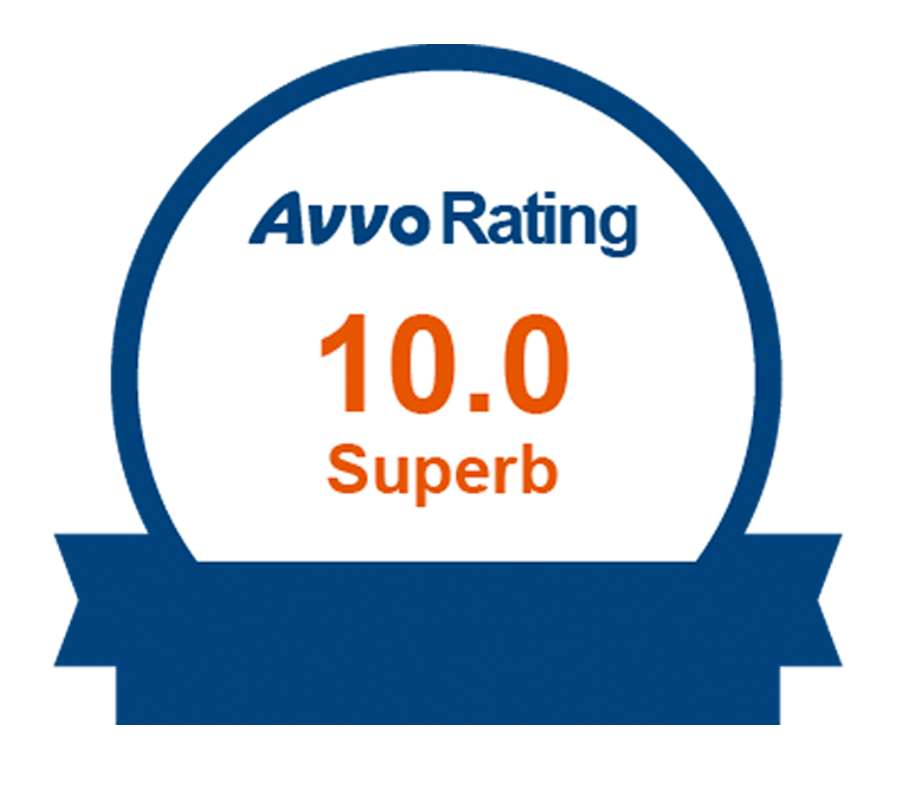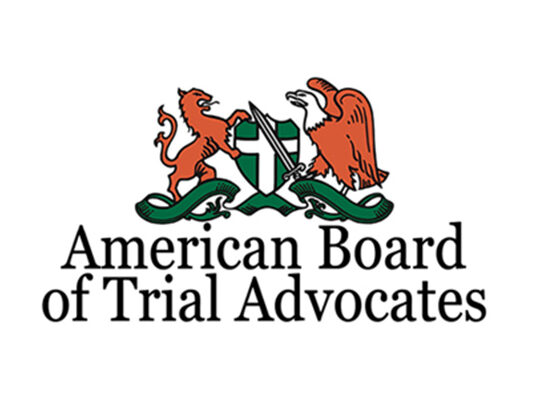While elder abuse is extremely common, it’s also a situation that is rarely reported. It’s estimated that just one out of every 14 cases around the country are actually reported to law enforcement.
You may wonder what this means? It means that older people are extremely vulnerable to nefarious individuals. Not only that, but failure to report the incident means the perpetrator is free to do the same thing to others. It’s a cycle that will continue until someone stops it.
The state of Florida has many senior citizens who require medical care, help with day-to-day activities, and ongoing assistance at home and in nursing care facilities. Many of these individuals rely on family members, friends, medical providers, and home health care providers daily. Unfortunately, some caretakers will abuse their role in an older adult’s life.
Since reporting is minimal in these situations, knowing how to report elder abuse cases in Florida is essential. You can also use the services of an elder abuse lawyer in Daytona Beach when dealing with this type of situation, who can provide more information and insight about what to do and who to report these incidents to.
Benefits Offered by Reporting Cases of Elder Abuse in Florida
When you report the incident, it means the older person who is being abused will receive assistance. This includes treatment for any physical injuries they sustained and having the situation they are in changed to ensure the abuse doesn’t continue.
Additionally, reporting abuse means the person or people guilty will be dealt with. Sometimes, this involves them losing their job or pressing legal charges. When abuse occurs in a nursing home or assisted living facility, the management can take additional steps to ensure it doesn’t continue or that other residents are not abused or mistreated in the same way.
With the help of a Daytona Beach nursing home abuse attorney from Zimmet & Zimmet, it is also possible for the elderly person to receive justice for the abuse and mistreatment they had to endure.
Family members have the option to file a legal suit, which can provide compensation for the financial harm the older adult suffered because of the abuse that occurred.
When instances of elder abuse are reported, it means that society will better understand the impact and reach of elder abuse. When something is better understood, it is possible to take steps to prevent it from occurring in the future.
Signs and Symptoms of Elderly Abuse
Sometimes you will see the abuse; however, in other cases, you need to know the signs and symptoms that this may be happening. Knowing what the signs and symptoms are, is essential. Some common ones include:
- Unexplained injuries
- Cuts, scars, contusions, burns, welts, and broken bones
- Symptoms of under- or overmedication
- Fear of an elderly person
- No personal hygiene
- Changes in behavior or personality
- No desire to engage socially or see visitors
- Agitation, anxiety, and depression
These are just a few of the symptoms that may indicate an elderly person is being abused. Keep these in mind and note other changes too, which could show signs of abuse.
How to Handle Elder Abuse Reporting
Do you know what steps you can take if you witness or suspect elder abuse? If not, you aren’t alone. It is believed that one of the main reasons this is so underreported is that people are not aware of how to.
While each case is unique and reporting depends on the situation and your relationship with the person, some information about this can be found here.
Handling Cases of Abuse Involving a Friend or Family Member
When it comes to dealing with issues of elder abuse of a friend or family member, you must consider what is happening. For example, is the situation serious or life-threatening? Getting them out of the situation before reporting it is recommended.
Physical Abuse
If they are seriously injured, dehydrated, or disoriented, and you leave them in the situation, they may die.
A good first step in this situation is to call the authorities or dial 911. Always remember that the safety of your friend or loved one should be your top priority. An ambulance may be necessary to take them to the hospital for treatment.
Once you have gotten your friend or loved one to safety, you need to document your findings. For example, you can take photos of their injuries or any wounds. If their room or area is not clean or maintained, take photos of this, too. Other things that may be present include improper use of restraints, dressing in dirty clothes, dirty bedding, or something similar; take steps to document it as best you can.
Along with pictures, write down notes about what you saw, what was said to you, and anything else related to the situation. If a staff member seemed fearful about you finding the person in that state or said something that makes you believe they had something to do with it, be sure to take note of their name and what they said. You should also note the date and time of the incident.
If you see the abuse yourself, write down what happened as soon as possible. The issues that constitute abuse don’t all have to be physical. For example, the threat of being hit, someone yelling at an elderly person, or even belittling them is all considered abuse.
Financial Abuse
Not all elderly people are physically abused. However, something that is just as damaging is financial abuse.
Many older individuals are tricked, manipulated, or defrauded of their assets and possessions. They may have items stolen or taken from them and be afraid to speak up because they are intimidated.
If you suspect this type of abuse, you should immediately report it to the authorities. When reporting the issue, be sure to give all the details you can about the situation. The police will create an official report, and you should obtain a copy of it.
Just like physical abuse, documentation is a key element in proving financial abuse. Be sure to record the type of financial abuse you are dealing with, what happened, what was taken, and the times and dates the situations occurred.
If there are one or more people you know who were involved, be sure to include their names and relationship with the elderly individual.
Dealing with Any Type of Elder Abuse
When it comes to any type of elder abuse, the first step, and main priority is to get them to a location where they are protected, secure, and safe. It’s also wise to contact our law offices to discuss the legal options you must hold the responsible parties liable for their actions.
Understanding the Reporting Process
After gathering information and evidence about the abuse, whether it is a single incident or a pattern of behavior, it’s important to take the right steps to report it and ensure it is reported to the right people or agency.
When you report, the purpose is to get justice for the victim and to ensure that others don’t suffer the same. If you believe that a family member or a friend has been abused, be sure to talk to the right people about the incident.
Sometimes, this will be other people in your family; in other cases, it will be professionals who work at the facility or the authorities. Make sure you have all your evidence with you and emphasize that you want to ensure the situation never occurs again and that you want the situation resolved.
Usually, when you bring information to someone to show you are aware of what is going on, they will be concerned and act accordingly. Always follow up to make sure “fixes” are put in place. If your elderly family member or friend was abused in some facility or administration, report it to the management immediately. You want to ensure that the individual is safe and secure.
Make sure you are not overly accusatory or emotional when reporting the incident. The goal should be the well-being and safety of your loved one. In all your discussions, be sure to document the names and positions of everyone you are speaking to, when the meeting happened, and what was said.
Also, take note of their comments and any solutions they offer. If you don’t believe anything has changed, moving your loved one or friend to a new location or finding new caregivers to provide care for them is best.
What Steps Should You Take if You Don’t Know the Elderly Person Being Abused?
Sometimes, you may witness cases of elderly abuse but not know the victim or situation. The state of Florida takes all cases of elderly abuse seriously. Because of this, if you witness abuse by any elderly person, you should report it.
You can report it through several agencies or organizations, including through local law enforcement. Some of the places to report the incidents include:
- Florida Abuse Hotline (OPPAGA)
- Call the Florida Abuse Hotline at 1-800-96-ABUSE
- Department of Justice for cases of financial abuse
- Adult Protective Services
Medical Professionals and Elder Abuse Reporting Requirements
If a medical professional believes an elderly patient is being abused, they are legally required to report it. If they fail to do this, they could face civil lawsuits and criminal charges.
Unfortunately, even some medical staff don’t report cases of abuse as they should. In many situations, this is caused by facilities being understaffed. If no one sees the abuse or is so busy they don’t notice it; it can go unreported for months or longer.
Call an Attorney for Help with Cases of Elderly Abuse in Florida
If you have witnessed elderly abuse or suspect it, you should report it to the authorities or one of the resources mentioned above. You can also get in touch with our experienced elderly abuse attorneys from Zimmet & Zimmet for additional assistance and help. We will investigate your claim and help to bring the at-fault party to justice.
Read More
How Much Compensation Are You Entitled to After a Traumatic Brain Injury?







